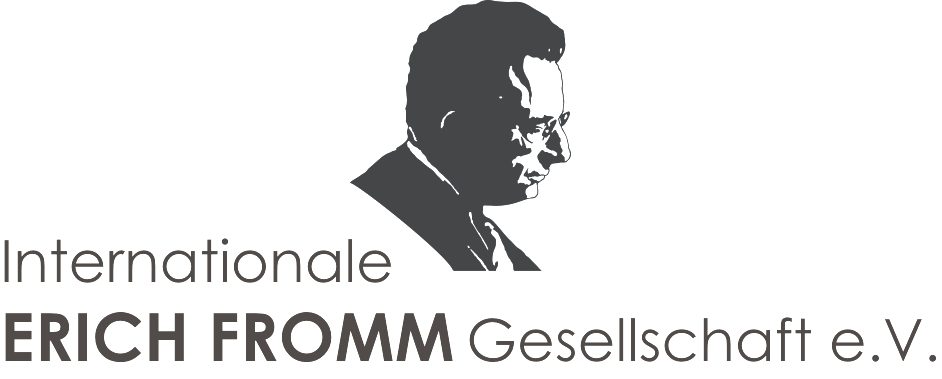Our Daily Meat
Is industrial animal production responsible?
Cooperative conference at the Conference center Löwenstein
(by Heilbronn in Southern Germany) to be held in German from Sept. 2-4, 2011.
On the one hand, the animal becomes ever more significant as people’s companion and point of attachment. On the other hand, animal husbandry uses concentration camp-like methods, and is a place of indescribable destructiveness of man against the animal—from procreation, breeding and husbandry up to the animal transporters and butchering methods. The treatment of the animal, the theme of this conference, should preferably center on production livestock. The following subthemes shall be presented in reports and further explored in discussion groups:
-
Industrial mass livestock breeding and its global effects.
-
Ethical aspects of the treatment of the animal in industrial production (Eugen Drewermann will speak).
-
The animal as close relative of and source of power for people, but also as (separate) site of human brutality and destructiveness.
-
What alternatives are there? Species-appropriate breeding and consumer behavior.
A detailed program with registration section will be accessible at the beginning of June 2011 on our German website, www.fromm-gesellschaft.de.
Man’s inhibitions against killing animals
Has man any inhibitions against killing living beings, humans, and animals with whom he identifies to a greater or lesser degree, i. e., who are not complete „strangers“ to him and to whom he is related by affective bonds? There is some evidence that such inhibitions might exist and that a sense of guilt may follow the act of killing.
Many people show a definite aversion to killing and eating an animal with which they are familiar or one they have kept as a pet, like a rabbit or a goat. There are a large number of people who would not kill such an animal and to whom the idea of eating it is plainly repulsive. The same people usually have no hesitation in eating a similar animal where this element of empathy is lacking.
But there is not only an inhibition against killing with regard to animals that are individually known, but also inasmuch as a sense of identity is felt with the animal as another living being. […] The sense of identity with all living beings that share with man the quality of life has been made explicit as an important moral tenet in Indian thinking and has led to the prohibition against killing any animal in Hinduism.
(Erich Fromm, The Anatomy of Human Destructiveness, New York 1973, pp. 144f.)



Keine Antworten bisher